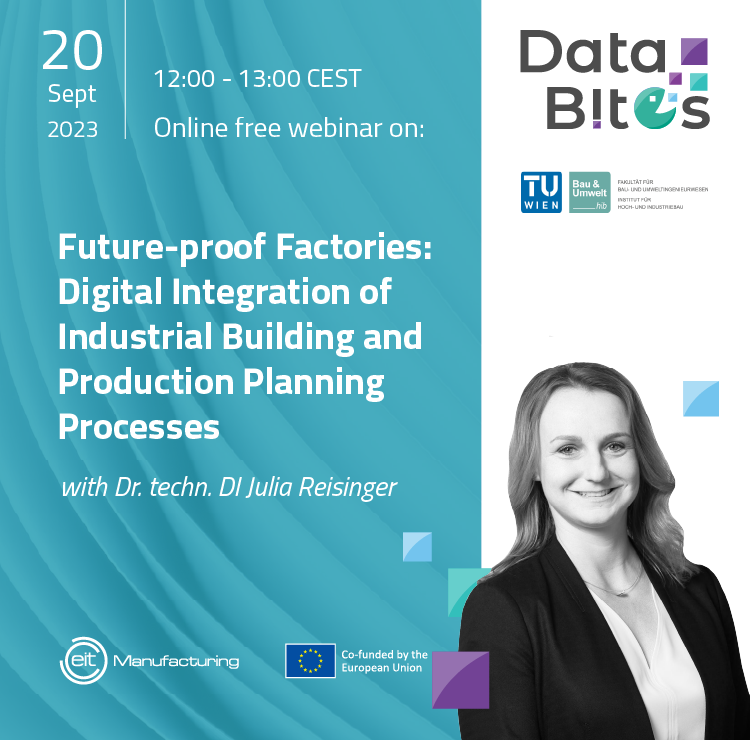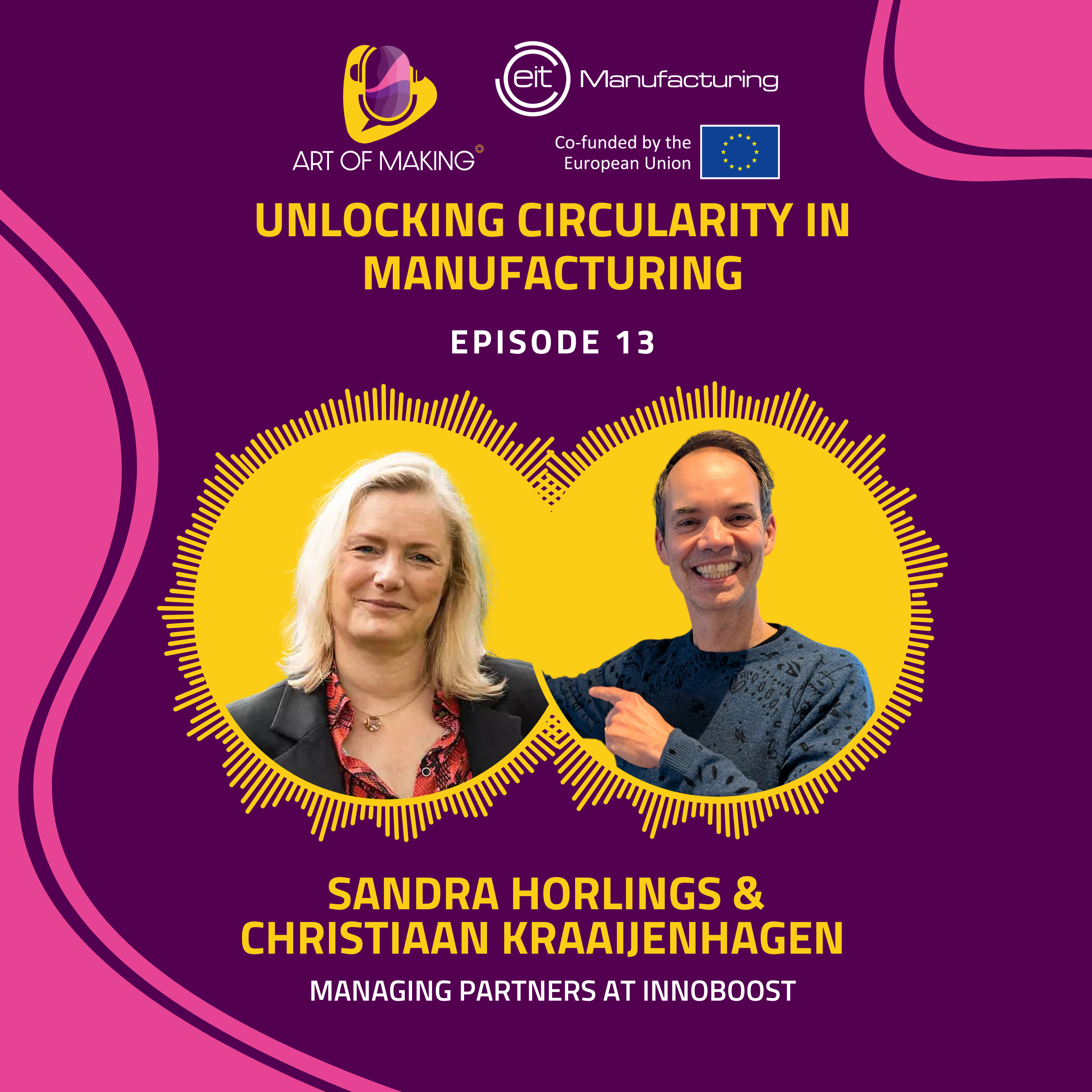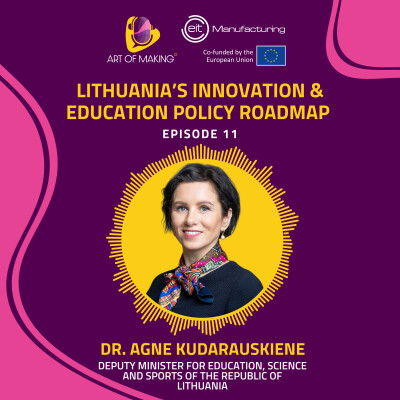Watch the recording of the free online webinar #DataBites on the topic of Future-proof Factories: Digital Integration of Industrial Building and Production Planning Processes for Energy and Resource Efficient Factories.
Industry 4.0 and innovative manufacturing technologies are driving growth so that we see a dramatic rise in production diversity. Due to rapid fluctuations in demand, frequent changes to production processes and logistics are increasingly necessary. Industrial Building structures need to meet those changing requirements. Most existing industrial buildings are not flexible enough to adapt for further use. The result is often either renovation, or demolition and new construction, which lead to significant new investment and increased resource consumption. At the same time, the building systems have a significant impact on the amount and type of building materials and energy used, and thus on the environmental footprint of industrial facilities.
Digital factory planning and digital twin concepts are enabler for more transparent and efficient factory planning processes as well as for significant reduction of realization times through virtual commissioning. It is expected that in the future companies will digitalise and transform their facilities and processes towards concept of cyber-physical production systems (CPPS) in manufacturing, where the generation of a digital twin allows a bi-directional data-flow thus acting as a controlling instance of the physical factory. However, a digital twin of a factory must not only include a digital model of the production system for facilitating production information management (PIM) but also of building structures, building envelopes and technical building services in order to provide a holistic, integrated digital model (BIM). Therefore, the design and construction process of future factories requires close collaboration of all stakeholders, integrating models and processes from i) factory planning (aka production planning, i.e., shaping the production system inside of the factory) and ii) building design (structural system, enclosure system, technical building systems).
Digital integration and holistic planning approaches, which also take into account external demands and trends, require the utilisation of powerful digital tools, which allow simulation, prediction and early optimisation of factories. The overall goal of such approaches must be to reduce energy and resource demand of industrial businesses and increase the flexibility and adaptability of building and production systems.
In the presentation the harmonisation of digital production models and digital building models for integrated factory planning approaches are explored. A prototype of an AI-driven computational design tool integrated with a multi-objective decision support method for joint design of industrial building and manufacturing layout options for sustainable decision making is presented. Integrated Digital Factory Planning approaches for holistic design optimisation at early design stages and during operation in research and practice are discussed to unlock the potential towards efficient, sustainability oriented and knowledge integrated factory planning approaches.
For further information about future-proof factories and available training programmes on the topic, please check our Training Catalogue.




